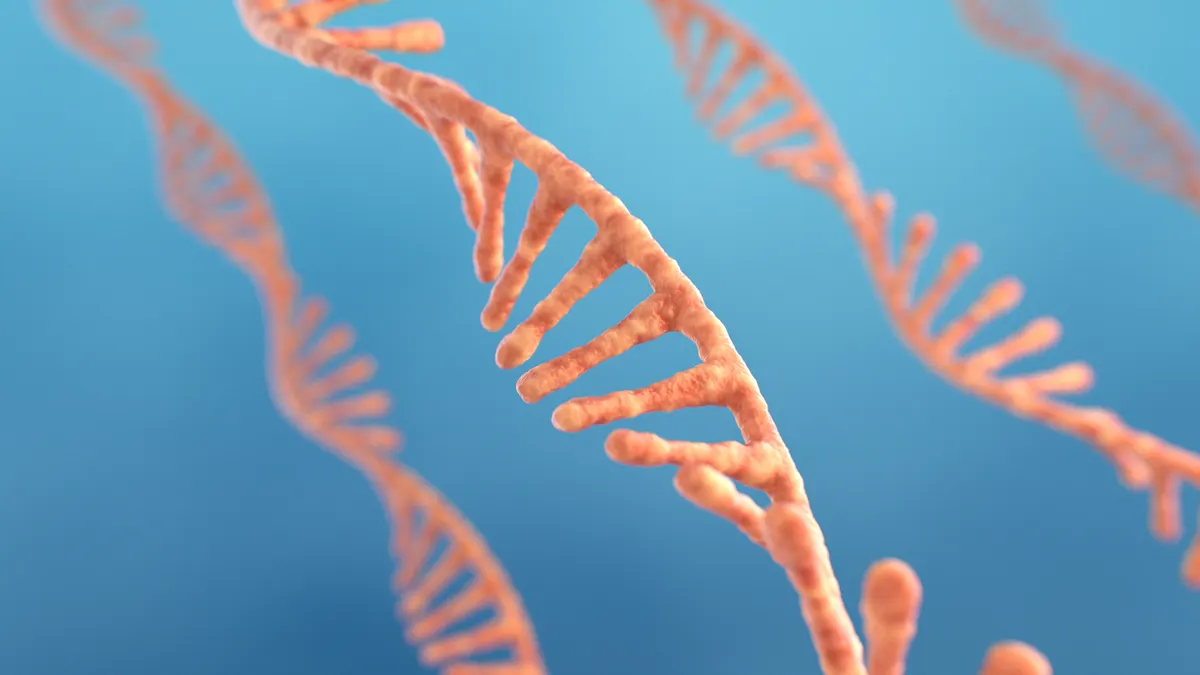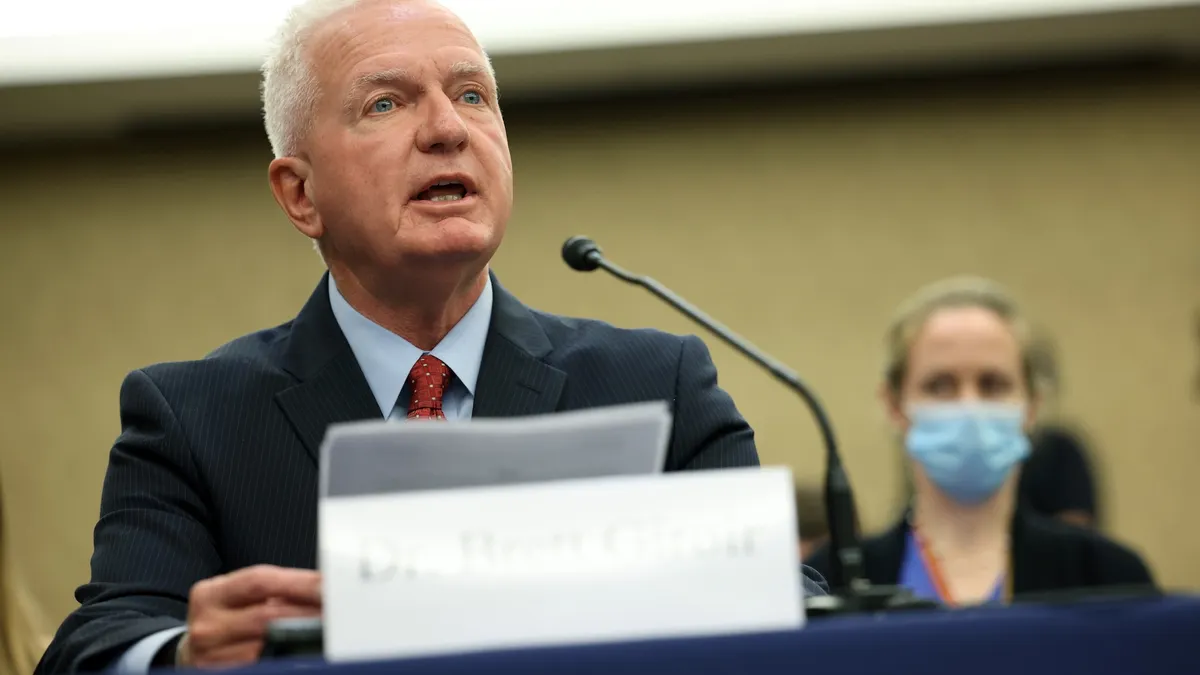The Food and Drug Administration has approved a new medication for a rare genetic condition in a decision that represents a long-awaited milestone for the drug’s developer, biotechnology company Arrowhead Pharmaceuticals.
The agency on Tuesday cleared the therapy, Redemplo, for familial chylomicronemia syndrome, or FCS, a rare condition that disrupts the body’s ability to break down fats in the bloodstream. It’s been specifically approved for use alongside a diet to help reduce levels of those fats, or triglycerides, in adults with FCS. The drug is self-administered via a subcutaneous injection once every three months.
For Arrowhead, the clearance of Redemplo has been a long time coming. Formed more than two decades ago, Arrowhead has been one of the leaders in developing medicines based on RNA interference, a way of muting genes before they can produce troublesome proteins. The company has since amassed a pipeline of more than a dozen medicines and formed multiple partnership deals. But unlike its counterpart Alnylam Pharmaceuticals, which has several approved products, Arrowhead hadn’t yet gotten a drug to market. It’s also worth only a small fraction of Alnylam’s hefty $60 billion market value and suffered a net loss of about $600 million last year.
Still, Arrowhead has multiple drug prospects in late-stage testing and has demonstrated the potential to deliver RNAi medicines to multiple different cell types. Its worth has more than doubled so far this year, too.
“The FDA approval of Redemplo is a transformational milestone for Arrowhead,” said president and CEO Christopher Anzalone, in a statement. “This approval, and subsequent launch, marks the beginning of a new chapter in our journey — one rooted in our unwavering commitment to delivering life-changing therapies to patients with serious diseases.”
Arrowhead will start out facing competition in a disease the company estimates to affect about 6,500 people in the U.S. Last year, the FDA approved the first medicine for the condition, Ionis Pharmaceuticals’ Tryngolza. The medicine, which launched with a yearly list price of $595,000, generated $57 million in sales over the first nine months of 2025.
Analysts have suggested that Arrowhead’s drug might be superior. In a research note late last year, for instance, Jefferies’ Maury Raycroft wrote that, even though Redemplo had ground to make up, it could be the “best treatment” for FCS, as it displayed “better efficacy, safety and convenience” than Tryngolza in clinical testing.
Though comparing drugs across trials can be misleading, Redemplo demonstrated about a 70% reduction in triglycerides compared to a placebo after a year in Phase 3 testing, versus 59% for Tryngolza. Ionis’ drug also carries a safety warning for the risk of hypersensitivity reactions — a side effect associated with treatment discontinuations and that wasn’t observed in trials of Redemplo. Arrowhead’s prescribing information didn’t include that kind of warning. The most common side effects associated with treatment were hyperglycemia, headache, nausea and injection site reactions.
To analysts, those respective profiles could help gauge how another looming battle between the two drugs might play out. Ionis and Arrowhead are both developing their medicines for severe hypertriglyceridemia, a more common disease associated with high levels of triglycerides. Ionis’ drug has already succeeded in a late-stage trial, while Arrowhead could release study results next year, according to a federal database. Arrowhead’s previous results suggest Redemplo might “match [or] exceed” Tryngolza’s results, Raycroft wrote.
On a conference call on Tuesday, Arrowhead executives announced that Redemplo will launch with a yearly wholesale acquisition cost of $60,000, substantially less than Tryngolza. The reason, they said, is that Arrowhead intends for Redemplo to have the same price regardless of which other diseases it’s cleared to treat in the years ahead.
The “large economic opportunity” is in severe hypertriglyceridemia, “so it’s critical that we get the right price for that,” CEO Anzalone said. “If that means we give up some short term revenue in FCS, we view that as an investment in the future.”
The two companies are already fighting in court. In September, they filed dueling lawsuits, with Ionis accusing Arrowhead of infringing on patents and Arrowhead asking a court to declare that patent is either invalid or not infringed upon.
Redemplo will be available in the U.S. by the end of the year.
Editor’s note: This story has been updated with details about Redemplo’s price.





















